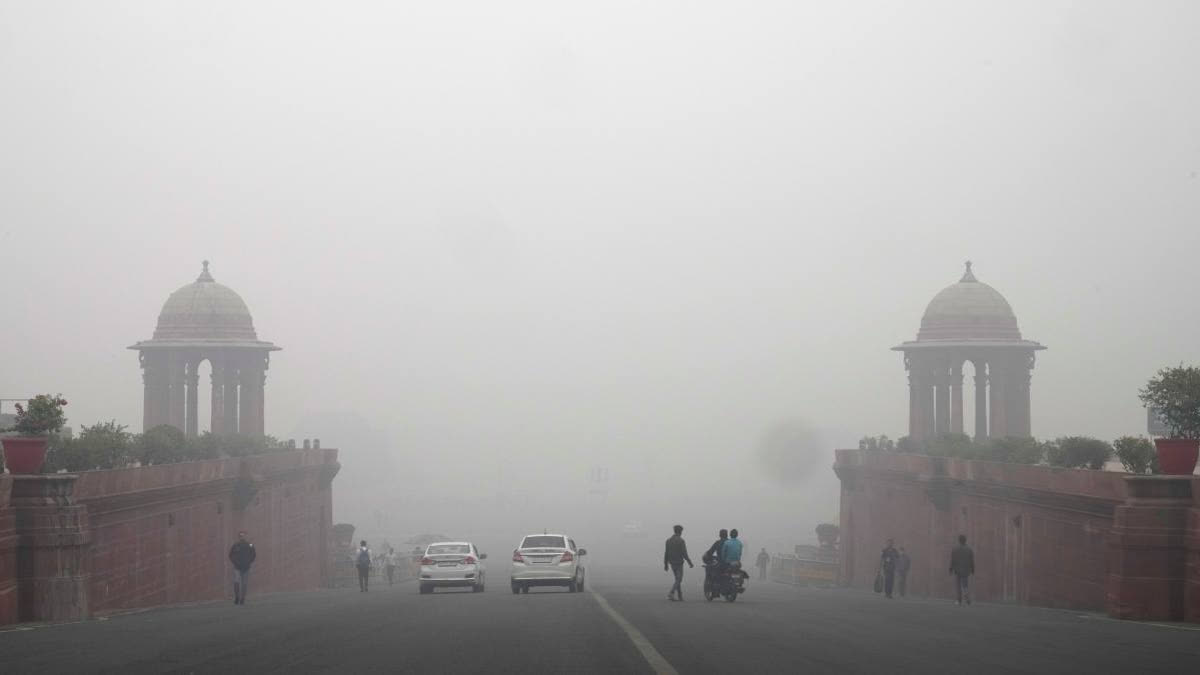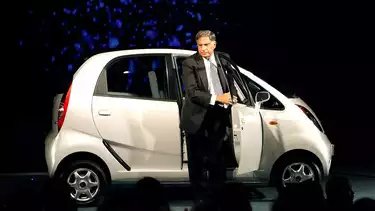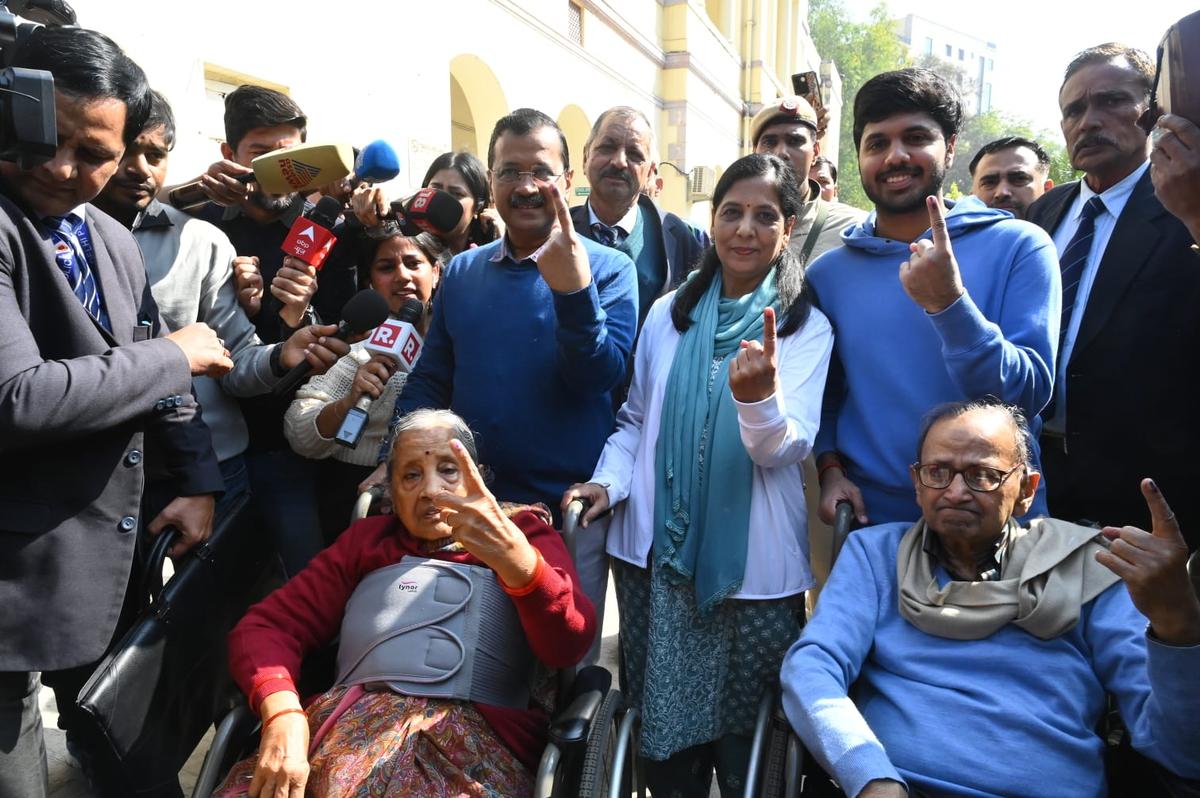BAKU: The escalating air pollution crisis in Delhi took center stage during discussions on the sidelines of the UN climate talks, COP29, on Monday. Global health experts urged India to transition away from fossil fuels, advocating for climate policies that prioritize people over polluters. They emphasized the need to adopt renewable energy solutions and strengthen public transport infrastructure to address the root causes of pollution.
Experts highlighted the critical role of phasing out fossil fuels, citing year-round vehicular emissions and pollution from coal-based power plants as major contributors to poor air quality in cities. They called for redirecting subsidies that harm public health and suggested leveraging lessons from tobacco control to curb fossil fuel usage. The discussions underscored the severe health impacts of pollution and the urgent need for transformative policy changes.
Reframing the Narrative on Fossil Fuels
Enkhun Byambadorj, co-founder of Breathe Mongolia, stressed the global repercussions of fossil fuel dependency, saying, “The narrative in support of fossil fuels focuses solely on economic development and growth as measures of success. We must reframe this discourse. The air we breathe is a choice society makes, often at the expense of our children and the future of everyone.”
The Human Cost of Climate Inaction
Aarti Khosla, director of Climate Trends, expressed frustration over the lack of urgency from policymakers. She said, “We are gathered here to address critical climate issues, yet countries continue to drag their feet despite the health and lives of millions being at stake. The realities of climate change demand immediate and decisive action.”
Redirecting Subsidies for Health and Sustainability
Courtney Howard, vice-chair of the Global Climate and Health Alliance (GCHA), highlighted the disparity in global funding priorities. “We allocate $1 trillion in subsidies to multinational corporations earning record profits, yet claim insufficient funds for healthcare. It’s time to redirect these resources to support health and preserve the well-being of current and future generations,” she said.
The dialogue emphasized the need for governments worldwide to take bold steps, transitioning to cleaner energy systems and protecting public health by reducing air pollution. As COP29 progresses, the focus remains on ensuring that climate policies are inclusive, equitable, and prioritize the well-being of people over profit-driven polluters.




